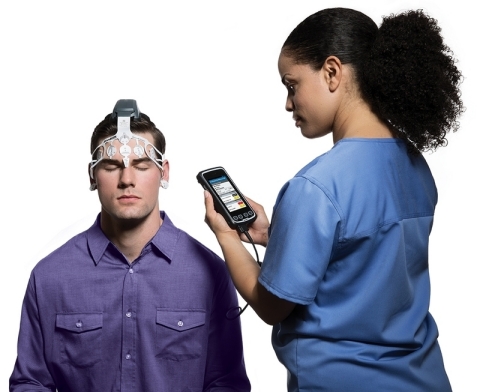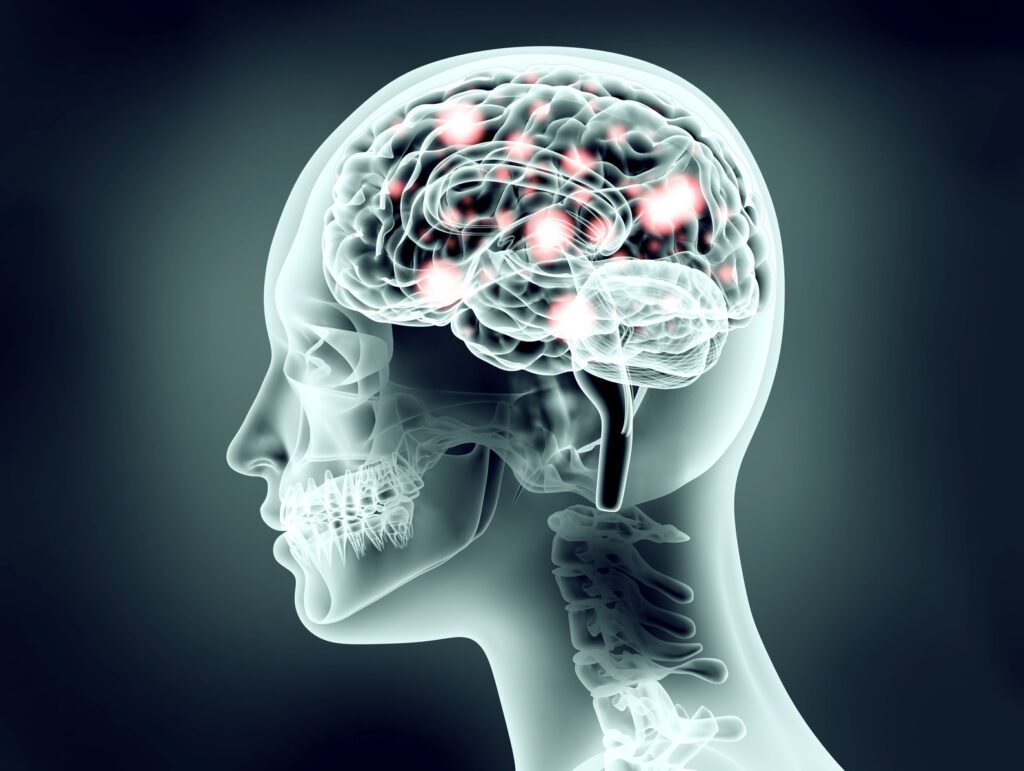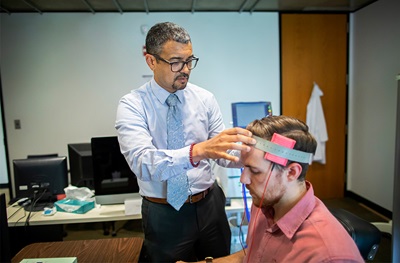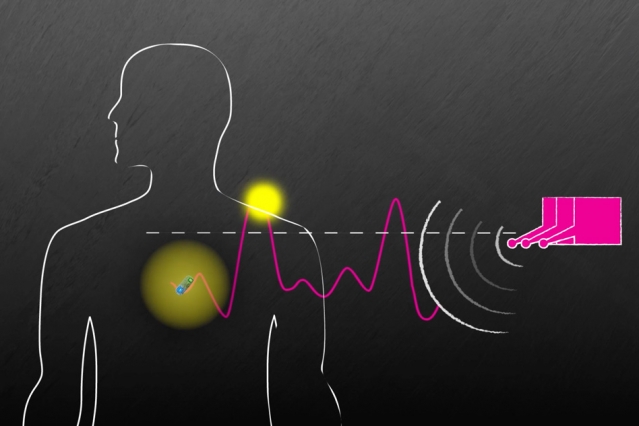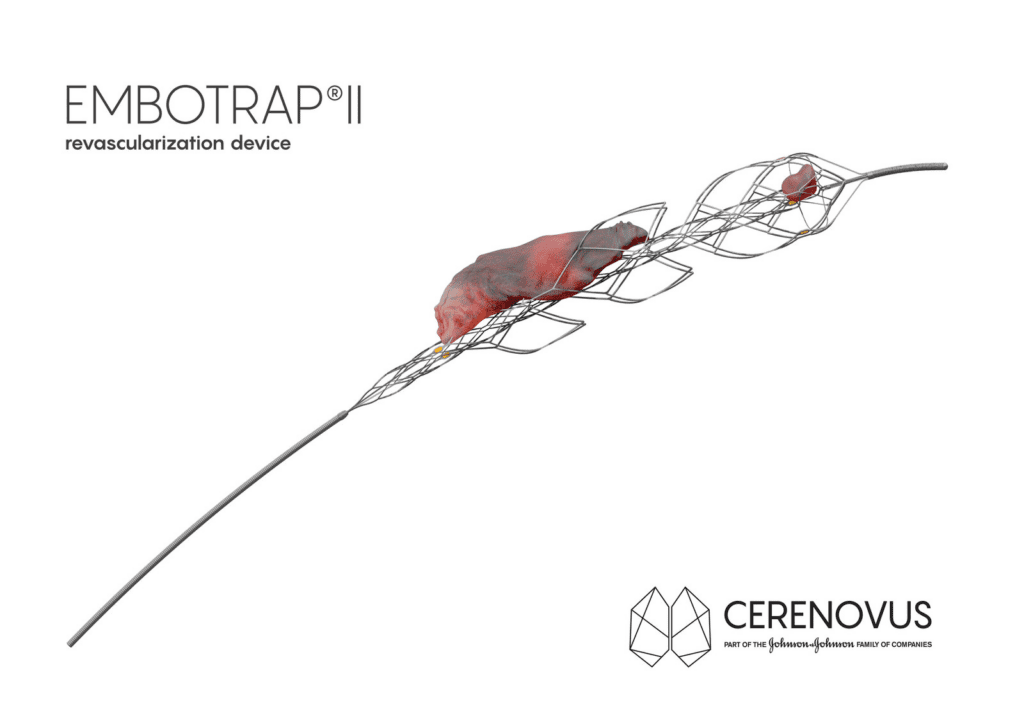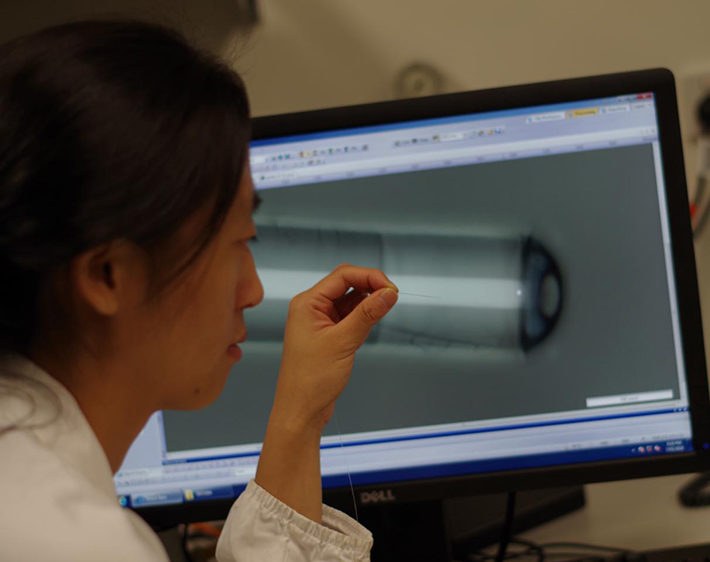Neuroscience
BrainScope Receives FDA Clearance for Multi-Parameter Concussion Assessment
BrainScope, a medical neuro-technology company focused on concussion and mild traumatic brain injury (mTBI) assessment, announced today that it has received FDA clearance to include additional language in its product’s Indications for Use (IFU), adding key terminology related to “multi-modal, multi-parameter assessment” of “concussion” and “mild Traumatic Brain Injury”, as well as an expanded and…
Read MoreIs the Appendix the Key to Parkinson’s Disease?
Parkinson’s disease, a degenerative neurological disorder that impairs brain cells and causes movement problems, could have its origins in the appendix, a new study suggests. The vestigial organ, the researchers say, could be the source of proteins that can find their way to the brain and once there, extend a deadly grip on nerve cells.…
Read More7D Surgical’s Cranial Machine-Vision Guided Surgical System FDA Approved
7D Surgical announced today that it has received 510(k) clearance from the U.S. Food and Drug Administration (FDA) for its Cranial Module. This achievement is a crucial step in the commercial launch of 7D Surgical’s innovative Machine-vision Image Guided Surgery (MvIGS) system for cranial surgery throughout the United States. The 7D Surgical System utilizes completely…
Read MoreNovel Intracranial Fluid Management System Receives 510(k)
IRRAS AB, a commercial-stage medical technology company focused on developing and commercializing transformative treatments to manage intracranial fluids, announced that it has received 510(k) clearance from the U.S. Food and Drug Administration (FDA) for IRRAflow, its integrated, closed medical device system that enables controlled cerebrospinal fluid (CSF) management as well as accurate, continuous monitoring of intracranial pressure…
Read MoreBrain Stimulation May Reduce Desire to Commit Sexual Assault
Stimulating the prefrontal cortex, the part of the brain responsible for controlling complex ideas and behaviors, can reduce a person’s intention to commit a violent act by more than 50 percent, according to research published in the Journal of Neuroscience from the University of Pennsylvania and Nanyang Technological University. What’s more, using such a minimally invasive technique, called transcranial direct-current…
Read MoreInsightec’s MR-Guided Focused Ultrasound Wins Medicare Coverage in 10 States
INSIGHTEC®, a global medical technology innovator of incisionless surgery, today announced that Medicare benefit coverage is available to patients in 10 U.S. states for MR-guided focused ultrasound (MRgFUS) for the treatment of essential tremor (ET). Six more states will follow on July 1, 2018. Additional Medicare Administrative Contractors (MAC) have issued positive Draft Local Coverage Determination…
Read MoreMIT Team Creates Wireless System to Power Implanted Devices
Researchers from the Massachusetts Institute of Technology (MIT) have collaborated with local Brigham and Women’s Hospital to create a new system that can wirelessly power and communicate with medical devices inside the body. The new In Vivo Networking (IVN) system employs radio frequency waves to power implanted devices. This is expected to eliminate the need…
Read MoreNext Generation Stent Retriever Receives 510(k) Clearance
CERENOVUS, part of the Johnson & Johnson Medical Devices Companies, announced today it has received 510(k) clearance from the U.S. Food and Drug Administration (FDA) for EMBOTRAP II Revascularization Device, a next generation stent retriever used to capture and remove life-threatening blood clots from the brain following an ischemic stroke. Stroke strikes nearly 800,000 Americans…
Read MoreMiniature Human Brains Implanted in Mice Skulls Grow for Months
The mice behaved just like others of their kind, as far as scientists could tell, and they also looked the same — except for the human mini brain that had been implanted into each rodent’s own cortex, made visible by a little clear cover replacing part of their skull. The report on Monday by scientists…
Read MoreHair-Sized Fiber-Optic Probe Measures Temperatures Deep Inside the Brain
Researchers at the University of Adelaide have developed a tiny fiber-optic probe that can measure temperatures deep inside the body, while imaging structures in the region of interest. The probe, which has a similar thickness to a human hair, could help researchers to investigate the effects of drugs that raise temperatures in specific parts of…
Read More
